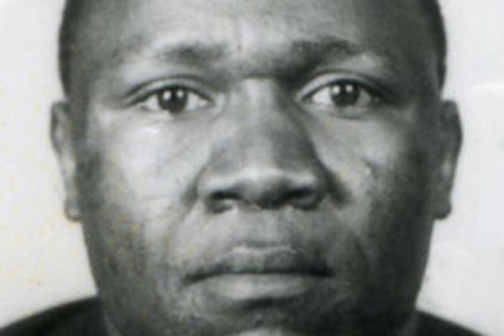
NAIROBI: The Standard and Daily Nation would use recognise rather than recognize; cheat, other than cheater; adviser, instead of advisor; theatre, and not theater etc.
In other words, they prefer the British to the American English. But owing to America’s importance in world affairs, sometimes these dailies are unsuccessful in their endeavour to achieve consistency.
Thus, for instance, ‘joyrider’ (a word in the vocabulary of the American English) achieved dominance during the just-ended Rio Olympics, with the two leading local papers carrying a number of articles in which the word featured prominently (Standard on Saturday, Aug 13; Sunday Nation, Aug 14 & 21; Daily Nation, Aug 19, 23 & 24; The Standard, Aug 23).
Some dictionaries with British links – the Oxford, Collins, Longman, Macmillan, Cambridge, COBUILD, and Chambers – define ‘joyrider’ as a person who steals a vehicle, primarily a car, and drives it crazily merely for the purpose of acquiring enjoyment. And ‘joyriding’, they add, is the act (offence) of taking someone’s motor car, without their consent, and driving it around dangerously for nothing but fun.
Given the definition cited, are there joyriders in Kenya? Many would take Kenyans to be ‘very serious’ humans; people who mean business. When a few of them snatch a machine from somebody, their objective is to sell it (as a whole unit or spare parts) to make money and escape poverty. Actually, in this part of the world, if a person steals a vehicle just to enjoy driving it around recklessly, that would be seen as sheer lunacy.